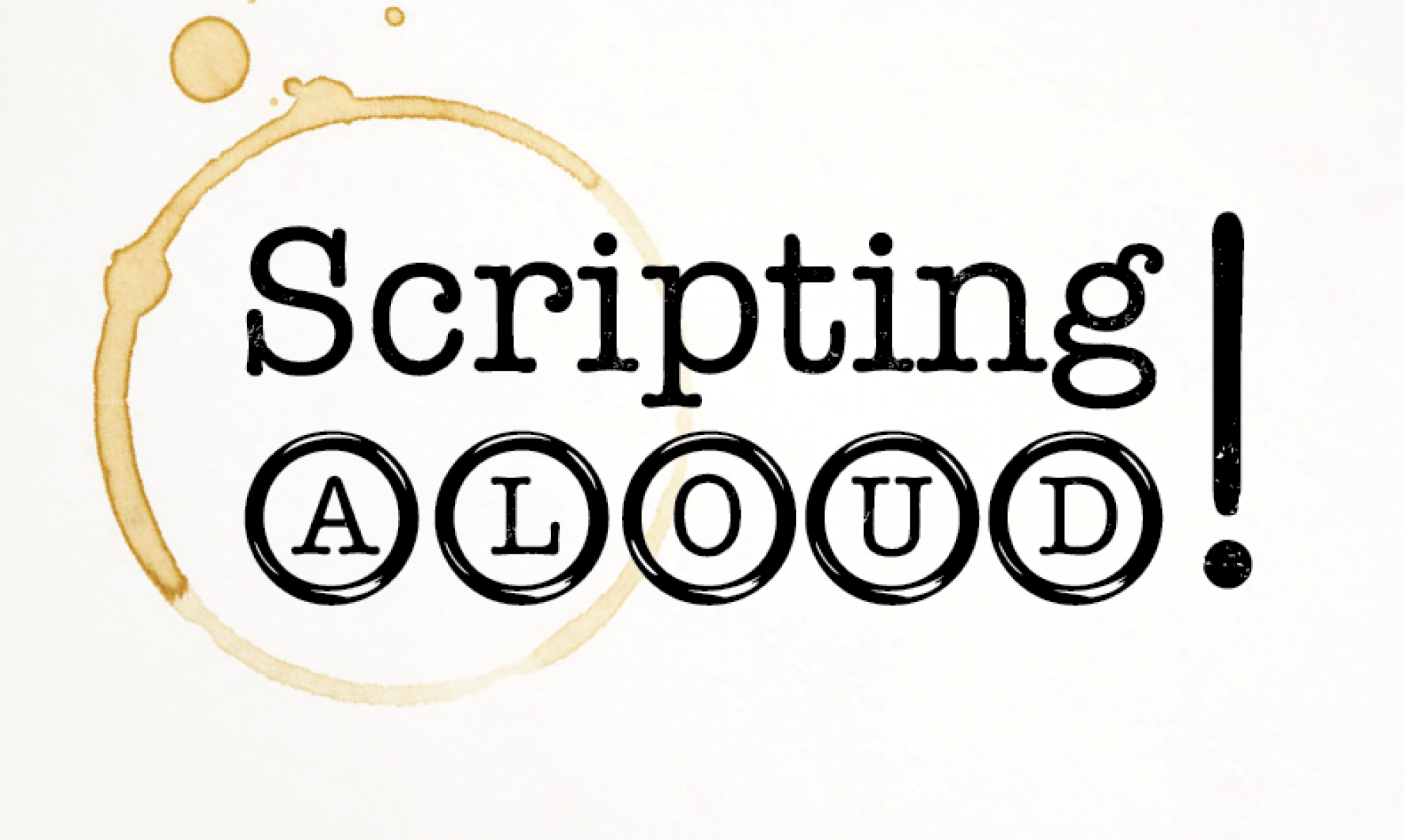Looking for script writing formatting, software, or examples?
Download our Hot Tips For Cold Reading tipsheet
…or read on below!
Hot Tips For Cold Reading
Tips for Actors
Tips for Writers
Tips for Audience/Attendees
FOR ACTORS
Ask Questions. If you’ve been cast, congratulations! Read through the script and don’t be shy in talking to the writer about any questions you may have.
Project Vocally. Everyone in the room would love to hear you and needs to hear you, especially those in the back. Warm up your body and voice using your favourite techniques, breathe deeply, and take the time to prepare yourself.
Look Up. Everyone wants to see your expressive face. It’s easy to get caught up in the lines and to constantly look down at the page, but remember: You’re live. Look up, and around you. Connect with the audience and with other readers.
Make Bold Choices. This is a good time to play. Take risks. Practice your speedy script analysis skills in preparation for the next time you get 7+ pages of sides at 10 pm, for a 10 am audition the next day.
Pace Yourself. Some actors speed up their speech when they’re nervous, while others slow. it. right. down. Really listen and react to other readers, to collaboratively maintain a consciously dynamic pace that makes for a lively reading.
There Are No Small Parts. Every character, line, or word in a script should have a reason for being there. Not sure what that is? Ask the writer. Or make it up: The writer is there to see what your reading brings to the character and story. Remember, this is still a performance. Your co-readers and audience are counting on you to do the work.
Stage Direction is Important. Stage direction lets the audience know what’s happening when the actors aren’t speaking. Approach it like any other script analysis: decide on your narrative “voice” and intentions, moment by moment, listening and reacting to the other readers and the audience to drive the story forward.
FOR WRITERS
Prepare to Talk About Your Work. Actors, and the audience, will likely speak to you about your characters and script. Think ahead of time about how to succinctly provide notes on your story and characters, and get your logline or short synopsis down. This will help make these conversations smooth, and help you with pitching your script when the time comes.
Keep An Open (Casting) Mind. It’s a cold read and a busy town, so we can’t guarantee who will show up. We encourage all writers to invite actors they have in mind for their characters, but sometimes casting on the day may not turn out exactly as you expect. Being flexible about whom you cast, can shed a new and interesting light on a character.
Have Actors Double Up On Roles. If there are multiple characters with five lines or less, especially if the characters aren’t together in the same scenes, one actor can handle a few. This makes it more fun for everyone.
What Feedback Do You Need? The reading is about you, the writer; and your work. What kind of feedback are you looking for? It can be specific (e.g. is the dialogue working between these two characters, are the jokes landing, etc.) or general (e.g. what’s working/not working, where can I take the next draft). Use your intro or talkback to give the actors and audience a heads up.
FOR EVERYONE ELSE (PRODUCERS, DIRECTORS, AUDIENCE)
Be Truthful Yet Polite. This is the time to fully embody our Canadian stereotype. Critiquing is important but so is being kind. Also, remember these scripts are works in progress! In addition to “I didn’t like it/I really liked it,” try to provide specific examples of what worked, or specific suggestions on what you think could have worked better.
Network, Network, Network. This is the perfect place to find your next project collaborator(s), properties, content creators. Bring business cards, pitch away, or chat about the last series you binged!
Online Resources
These links are provided as a convenience and for informational purposes only; they do not constitute an endorsement or an approval by the Pan Asian Staged Reading Society (PASRS) or Scripting Aloud, of any of the products, services or opinions of the corporation or organization or individual. PASRS and Scripting Aloud bear no responsibility for the accuracy, legality or content of the external site or for that of subsequent links. Please contact the external site for answers to questions regarding its content.
Formatting
Film: No Film School: Understanding the Formatting of a Screenplay (and Why It All Matters)
TV: ScreenCraft: A Simple Guide to Formatting TV Scripts
Stage: BBC Writers Room (US Stage Format)
SoftwarE
Examples
Film: Script-O-Rama
TV: Simply Scripts
Stage: Simply Scripts
